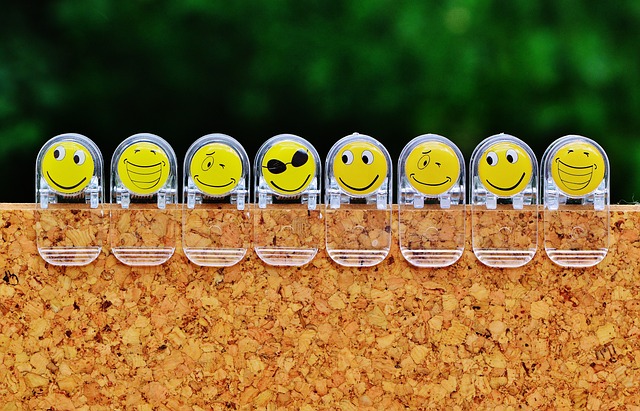There’s an invisible weight that settles on your shoulders when you feel like the people around you have taken it upon themselves to grant—or deny—you permission to live your own life. When they approve of your choices, they act as though they are doing you a favor, allowing you to move forward with their blessing. But when they don’t approve, the energy shifts. Suddenly, every step feels like resistance, like you have to plead your case, defend your decisions, or prove that what you are doing is valid. It can feel like you are trapped in a cycle of seeking permission—waiting for someone else to tell you it’s okay to live the way you want.
But what permission can people really give us? The truth is, they can offer support, they can offer opinions, and they can choose how they respond to your decisions, but they do not actually hold the power to determine your path. That authority belongs to you. And yet, when you’ve been raised in an environment where love and acceptance feel conditional, where approval is treated as a currency that determines whether you are “right” or “wrong,” it’s easy to fall into the trap of believing that you need others to sign off on your choices.
This dynamic often starts early, in families where autonomy is not truly respected. Maybe you grew up in a household where obedience was mistaken for love, where stepping out of line was met with disappointment, punishment, or emotional withdrawal. Maybe you were taught, explicitly or implicitly, that keeping the peace meant suppressing yourself, that the easiest way to be accepted was to comply. When this happens, the habit of seeking permission doesn’t just go away when you become an adult—it follows you into friendships, relationships, workplaces, and decision-making processes. The fear of disapproval lingers, making even the simplest choices feel complicated if they go against what others expect.
The problem with needing permission is that it places your power in someone else’s hands. It makes your choices subject to other people’s comfort levels, perspectives, and limitations. And when you start to outgrow the expectations placed on you, when you want to make decisions that don’t fit the mold, it becomes painfully clear that their support was never truly unconditional—it was dependent on your alignment with what they deemed acceptable.
Healing from this requires recognizing that the power you think others hold over you is an illusion. No one is actually stopping you from making your own choices, except the part of you that still believes you need their approval. The discomfort you feel when others disapprove is real, but it is not a sign that you are wrong. It is simply the friction that comes with stepping out of old conditioning, with rewriting the internal script that says love and acceptance must be earned through compliance.
So how do you begin to reclaim your right to choose? You start by recognizing that permission is something you have always had the right to give yourself. You stop explaining yourself to people who have already decided they need to grant you approval. You stop trying to win over those who will only respect you when you conform to their expectations. You release the idea that their comfort is your responsibility. You learn to sit with the discomfort of their disapproval and realize that it will not break you.
Choosing yourself doesn’t mean cutting people off or shutting them out—it simply means no longer handing them the authority over your own decisions. It means understanding that their disagreement, their disappointment, or even their anger does not make your choices invalid. It means recognizing that true respect is not something you should have to beg for—it is something you claim by standing firm in who you are, regardless of how others respond.
If you have spent a lifetime believing that you need permission, shifting out of this mindset will take time. But with practice, you can learn to replace self-doubt with self-trust. You can choose to honor your own voice over the noise of expectations. And you can remind yourself, over and over again, that you never needed their permission in the first place.
Affirmations to help shift your mindset:
- I do not need permission to live my own life.
- My choices are mine to make, even if others disagree.
- I release the need to justify myself to those who refuse to understand.
- I am free to make decisions that align with my truth.
- I trust myself to know what is best for me.
- Approval is not a requirement for my happiness.
- I do not need validation to know that my choices are valid.
- I stand firm in my autonomy, even in the face of disapproval.
- I give myself permission to live fully and unapologetically.
- My life is my own, and I will live it on my terms.
At the end of the day, the only approval that truly matters is your own. When you stop waiting for permission, you step into the freedom that has been yours all along.













